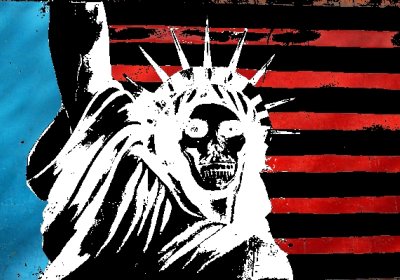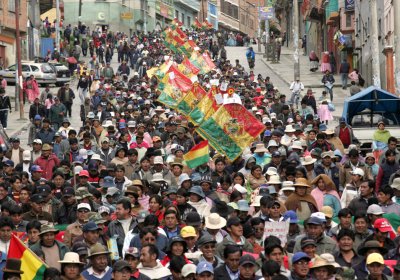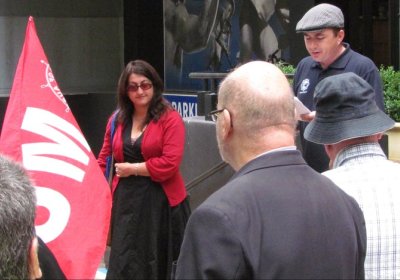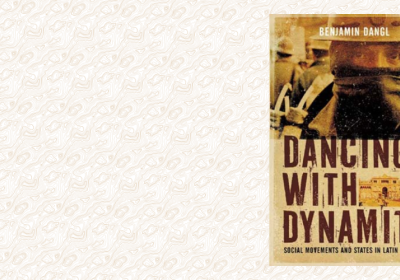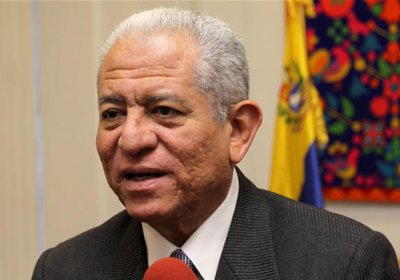United States Secretary of State Hillary Clinton, speaking at the Munich Security Conference Plenary Session on February 5, said the US had always stood for the principle “free people govern themselves best”.
Federico Fuentes
It should come as no surprise that Latin America, a region converted into a laboratory for ongoing experiments in social change, has increasingly become the topic of discussion and debate among the broader left.
As if straight out of a Cold War era movie, US corporate media outlets such as the Miami Herald ran headlines on September 18 claiming scientists from Albuquerque “tried to sell classified nuclear data to Venezuela”. Readers were no doubt shocked to read in the Miami Herald that “an elderly maverick scientist who battled the scientific community for decades over laser fusion was indicted Friday in New Mexico, charged with trying to sell classified nuclear weapons data to Venezuela”.
Thirty-three miners trapped 700 metres underground in northern Chile have been told they will not be paid in coming months, despite the fact it is expected to take close to two-and-a-half months to pull them out.
- Previous page
- Page 22
- Next page
